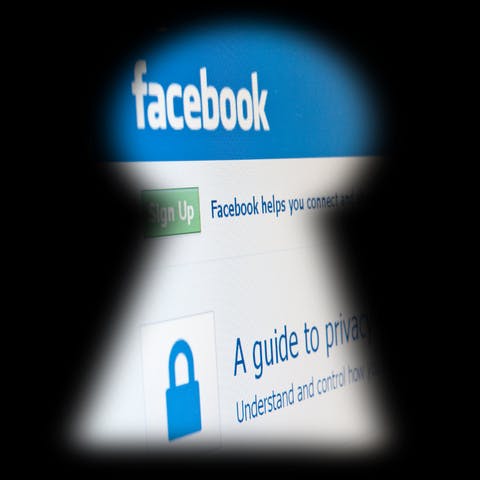I had a hard time getting through attorney William Nolan’s TLNT post yesterday about how it isn’t ridiculous to ask applicants for social media passwords.
It’s not that it wasn’t well written. On the contrary, I think Nolan tried to lay out a compelling case for why we shouldn’t have such a visceral reaction to actions like this from employers. They have interests to protect as well.
In reality though, I am concerned about any sort of normalization of this type of social media check. It’s one thing to look at publicly available and verifiable information, it is quite another to go beyond that. And we should acknowledge that difference fully and completely before we accept it as the norm.
This and that
Back in August 2009, I friended a guy I (sorta) knew. His name is David Manaster (he’s the CEO of ERE Media, the company that publishes TLNT) and my only contact with him before then was part circumstance (he did a guest post on my blog way back in August of 2006) and part connection (David knew a lot of the same people I knew).
Fast-forward six months and I am looking for a job. I get a call from David, and to make a long story short, we hammered out a way to work together.
He told me he talked to a lot of the mutual acquaintances and friends we had before contacting me. And given that we were connected on Facebook for six months, I guessed he had probably looked there too.
So when I’ve told this story, people tell me that it’s kind of creepy. My boss may have gone back in my account and looked at pictures from 2005! What’s the difference between that and asking an applicant for a Facebook password?
Applying pressure
The biggest distinction was that we didn’t connect so that I could get a job. Not to speak too selfishly, but being connected to the publisher of the ERE.net is a good thing when you’re in the talent business. And I assume anyone I am connected to can access everything I post (and generally speaking, almost everything I post is public now).
That’s what feels wrong about this whole Facebook password thing: the consent angle. Someone offering me a job if I just give them the okay to check my social media accounts, even those I mark as private, feels like an invasion. It feels like coercion. Sure, you can opt-out of the process but what does that mean for your job prospects?
What about other invasive searches of purposefully private information? How about handing over your smartphone or your computer to someone to take a look through your history, documents and contacts that you have there just to make sure? If the line isn’t publicly available information, where does that line end?
It gets murky beyond what is publicly available.
Pushing lawmakers to act
It sounds like an exaggeration, but at least in practice, it isn’t that much different. What’s on your smartphone and your computer can probably tell an employer a lot about yourself. And while Nolan is correct – these cases are overhyped and overpublicized – it forces lawmakers into making laws that increase the work of managing and running a business.
If you want to know why more and more states are looking to ban credit checks for employment in all cases except for those in financial decision-making positions, look no further than the well-publicized (but certainly small minority) companies that have used them grossly inappropriate ways.
These laws will make it more complicated for employers who use social media to source potential candidates. They will have to take on additional liability in order to be out there, active on social media when, like the credit check scenario, most are using it in ways that make sense.
That’s why it is not only ridiculous, but bad for business as well, for employers to ask for social media passwords.
